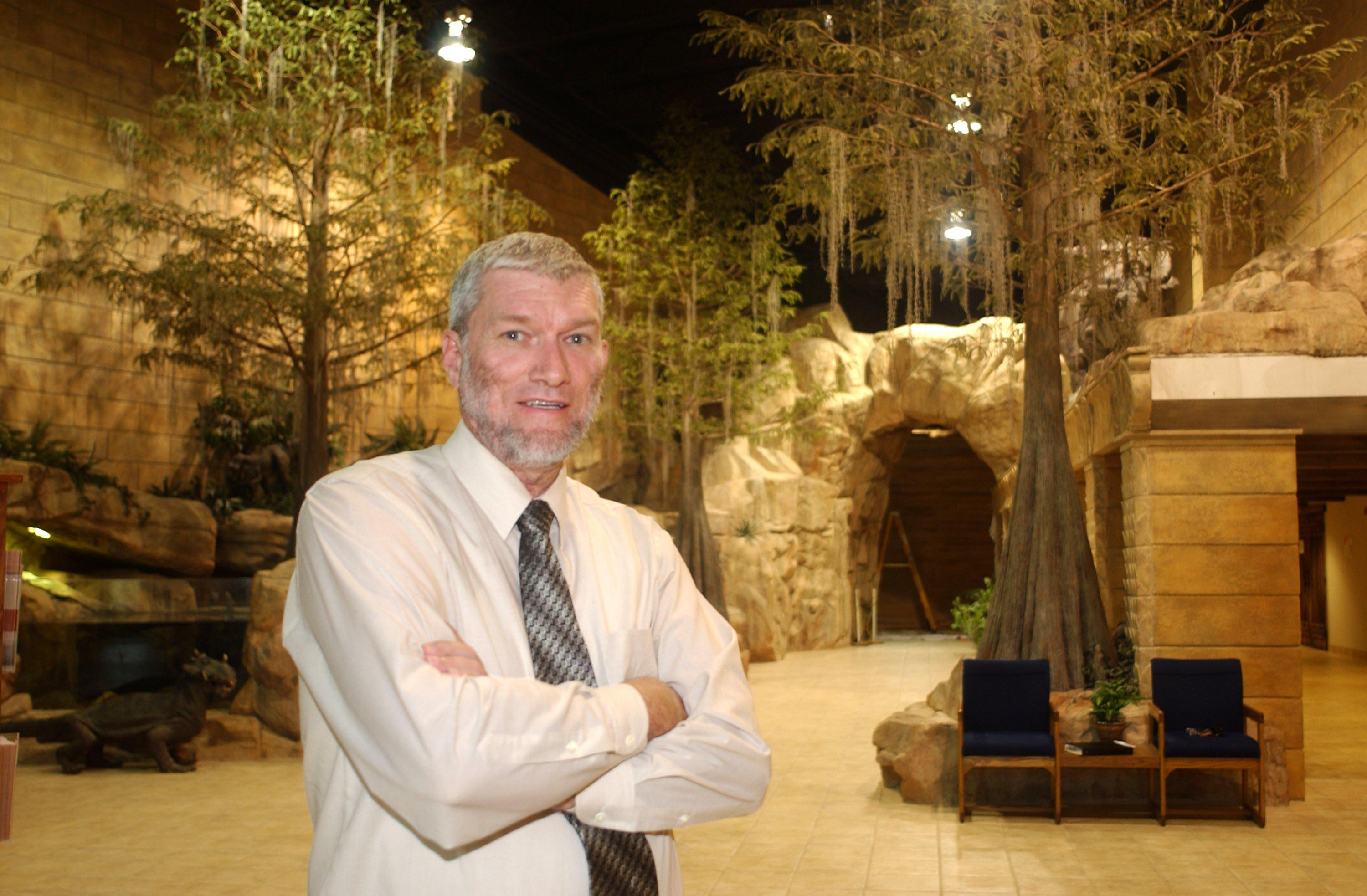A lot of pixels are being devoted to Tuesday night’s debate between Bill Nye, science educator, and Ken Ham, a young earth creationist who has created a career out of exasperating pro-science people until they give up in frustration. It’s a fun story that provokes Big Questions about science vs. religion, faith vs. facts, and other lofty topics. But while all that is very interesting, it’s important not to lose track of what this debate really comes back to, which is the struggle over public education. Creationists want to debate their wacky religious beliefs versus science not because they think they’re somehow going to cause the scientific community to rethink its views—creationists may not be the sharpest bunch, but they aren’t that stupid—but because they are trying to build the larger case for why their views should be taught to students on the taxpayer dime.
The real question that drives the struggle between creationists and “evolutionists” (i.e. nearly all scientists and people who accept empiricism generally) is not “science vs. religion” so much as “education vs. indoctrination.” As Ryan Stoller, a young man who was raised in a conservative Christian homeschooling environment explained to Kathryn Joyce for the American Prospect, the Christian right approach is to “teach the kids what to think, you keep them isolated from everyone else, you give them the right answers, and you keep them pure.” The long-term plan of folks like Ken Ham is to make indoctrination look enough like what most people understand as education, so that they can smuggle it into the classroom.
That’s why I agree with my colleague Mark Joseph Stern that it was probably a bad idea for Nye to debate Ham. It’s not a debate when one side is making factual arguments with evidence, while the other just makes assertions. Events like this end up implying an equivalence between the two when there is none. Then creationists turn around and argue that it’s only fair to include baseless assertions of faith alongside evidence-based arguments inside a science classroom, under the guise of “teaching the controversy.” But how can we teach kids what critical thinking is if the adults in charge are telling kids that we have to treat fact-free assertions of faith as arguments, the same as real arguments rooted in evidence? A kid can learn a lot about problem-solving from the story of Darwin and his finches, but what is he really learning from a textbook that asserts, as one book in Texas charter schools says, “In the beginning, God created the Heavens and the Earth”? Is he learning to be incurious?
The elevation of incuriosity to the same level as critical thinking was on full display in the audience for the debate, as Matt Stopera from Buzzfeed found when he asked Ham supporters to write signs of what they want to say to the pro-evolution side. A lot of the signs were people asking questions they assume stump scientists, but actually do not, such as where do sunsets come from or how did a single-celled organism spontaneously form or how could we have evolved from monkeys if there are still monkeys. (Or, as one commenter at a science blog put it, “If the Pilgrims came from England, why are there still English people?”) The questions are an attempt to imitate what critical thinking looks like while not engaging in it. There are actual answers, but these folks clearly don’t want to hear them. And this whole “debate” is less about lofty philosophical questions of faith and empiricism, and more about a serious attempt to gain entry to your child’s education.
